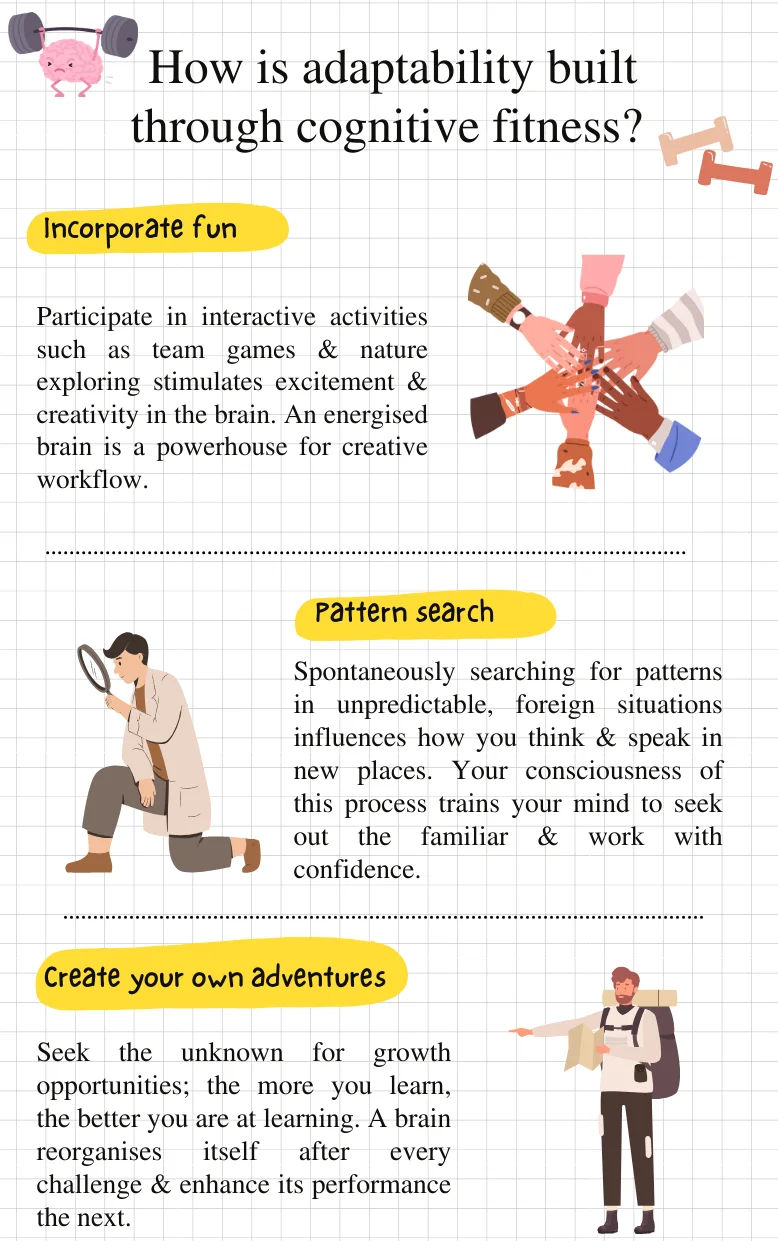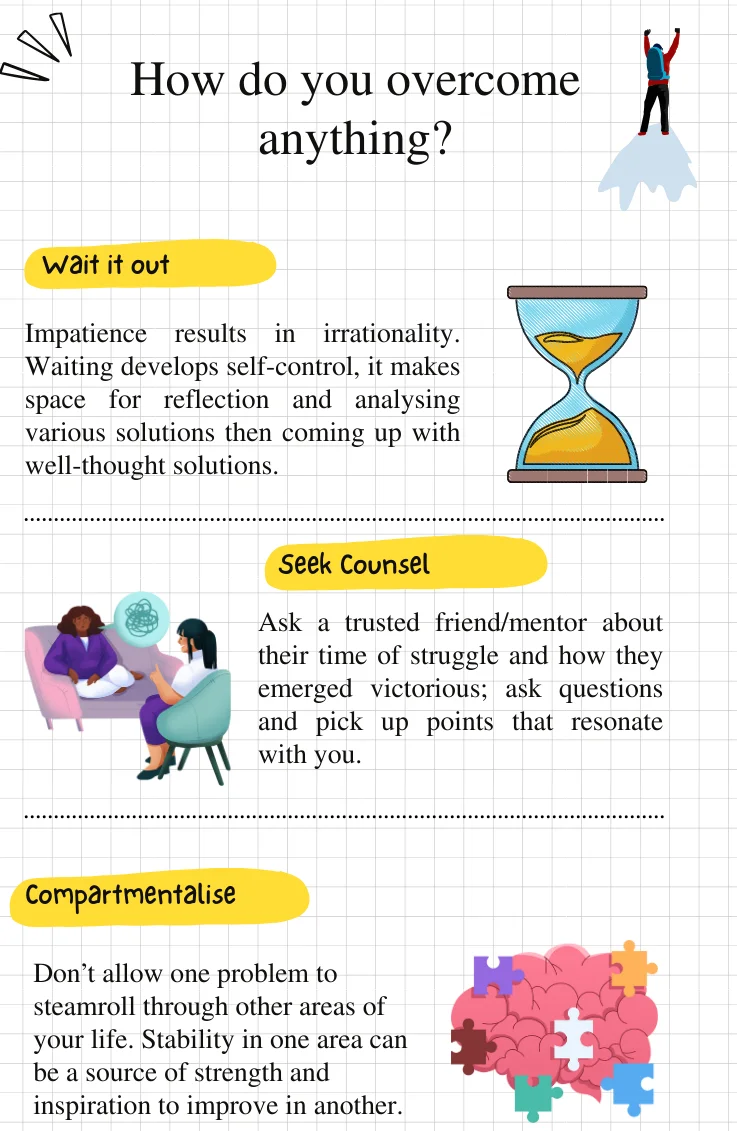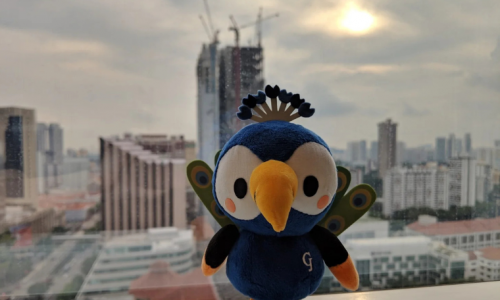Getting out of your comfort zone can be daunting and exciting; it’s the adrenaline rush and the fear of uncertainty of not knowing what awaits you. Some might come up with a conclusion to say the grass isn’t always greener on the other side, but the idea isn’t in the conclusion drawn. It’s what you have experienced, learned and built that makes it count.
This article is inspired by the real-life experiences of our foreign team members here at GJC.
Transitions are hard but unavoidable in all life stages. It could be high schoolers transitioning into higher education, some moving from their home country to another for work or switching careers for a fresh start and growth.
Moving is the easy, physical aspect, but learning how to adapt yourself in the unknown is a mindset game. Adapting means working without boundaries, to find diverse and accidental solutions to tackle the challenges stacked against you.
There’s many ways you can do this, but we’ve broken it down into just three simple steps so you can recite it like a mantra and keep moving forward.
Step 1: Improvise
Improvisation encourages a mindset with the willingness to say ‘yes’, and to explore with ideas rather than denying the possibilities when things go south or need solving.
Think about a time when you ran out of a particular ingredient while cooking a meal, and you’re not keen to go grocery shopping for just one item, so you get creative and replace it with a similar ingredient.
Or that big meeting you had with many important people, and suddenly the projector stops working, do you call it off or spontaneously grab a whiteboard, get some printouts and keep the meeting going?
The improvisation rules start with acceptance, receptivity, agreement, working with what you have and experimenting with divergent ways to make it work. Your spontaneity jolts a shift in mindset and yields new thinking that empowers you to try something new. The aim is to develop a creative mindset that expands how you view and understand problems.
Ozgun Atasoy, the science writer of ‘Your thoughts can release abilities beyond normal limits’ wrote: ‘If mindsets can change us, maybe we can deliberately choose our mindsets to improve our abilities.’
The first simple step to bring out the improviser in you is through observation and imitation. While you watch the pros handle a situation that usually calls for panic, observe how they tackle and conquer, then build or adjust your tactics and practice.
Step 2: Adapt
Exercising regularly builds muscle strength, memory, and stamina–improving endurance for everyday activities. Cognitive fitness is exercising your brain to better reason, remember, plan, learn, generate, experiment, and adapt.
Cognitively fit people make better decision-makers, problem solvers, and stress conquerors. Contrary to popular belief that a person’s adaptability skills can only be built through experience, you can also gain such skills through observation and indirect experience, made possible by mirror neurons.
Identified by neuroscientist Giacomo Rizzolatti and team, these neurons help explain how and why you ‘read’ other people’s minds and empathise with them—that watching an action and performing the action evoke the same feelings in people.
For context, when you watch a certain leadership style fail from the sidelines, our brains pick up the mistakes and emotions of disappointment and come up with things you’d do differently, adapting so you’ll do it better.
Adaptability is a skill sewn together through the brain’s ability to scan through the surroundings, determine a structure, and create meaning from collected data to take accurate action.

How to build Adaptability, illustration by author
Having moved over four countries now, Business Development Team Leader Keika Aoki shared that keeping an open mind, acceptance and taking charge helped her build on adaptability. She recalled making the effort to study the foreign culture, history and values had allowed her to see things through a different lens, appreciate the beauty of it and ease into change.
Step 3: Overcome
‘Nana korobi ya oki, is a Japanese proverb that literally means ‘fall down seven, stand up eight’. To overcome means to prevail, defeat anything that causes any form of struggle and emerge victorious.
Challenges can either make or break us and wholly depend on our reaction, choice of handling and the mindset you choose to adopt. A fighting, relentless spirit builds character and strengthens tenacity; label your struggles and never give them the satisfaction of bringing you down.
Keika also shared how she overcame the challenge of making friends when she moved to Singapore. She made her intentions known that she intended to grow her circle and build connections. When you become intentional about solving a challenge, you’ll be driven to make it work.
Everyone’s built differently; there’s no one-size-fits-all solution on how to overcome the various challenges and problems you face, but here are your starting points:

How do you overcome anything, illustration by author
Adaptability is a survival skill built through rigorously exercising your mind’s resilience, filling your conceptual storehouse with knowledge, and intentionally creating learning opportunities. Make life in the unknown an adventure for you.
Written by Destiny Goh
Marketing Communications Executive






